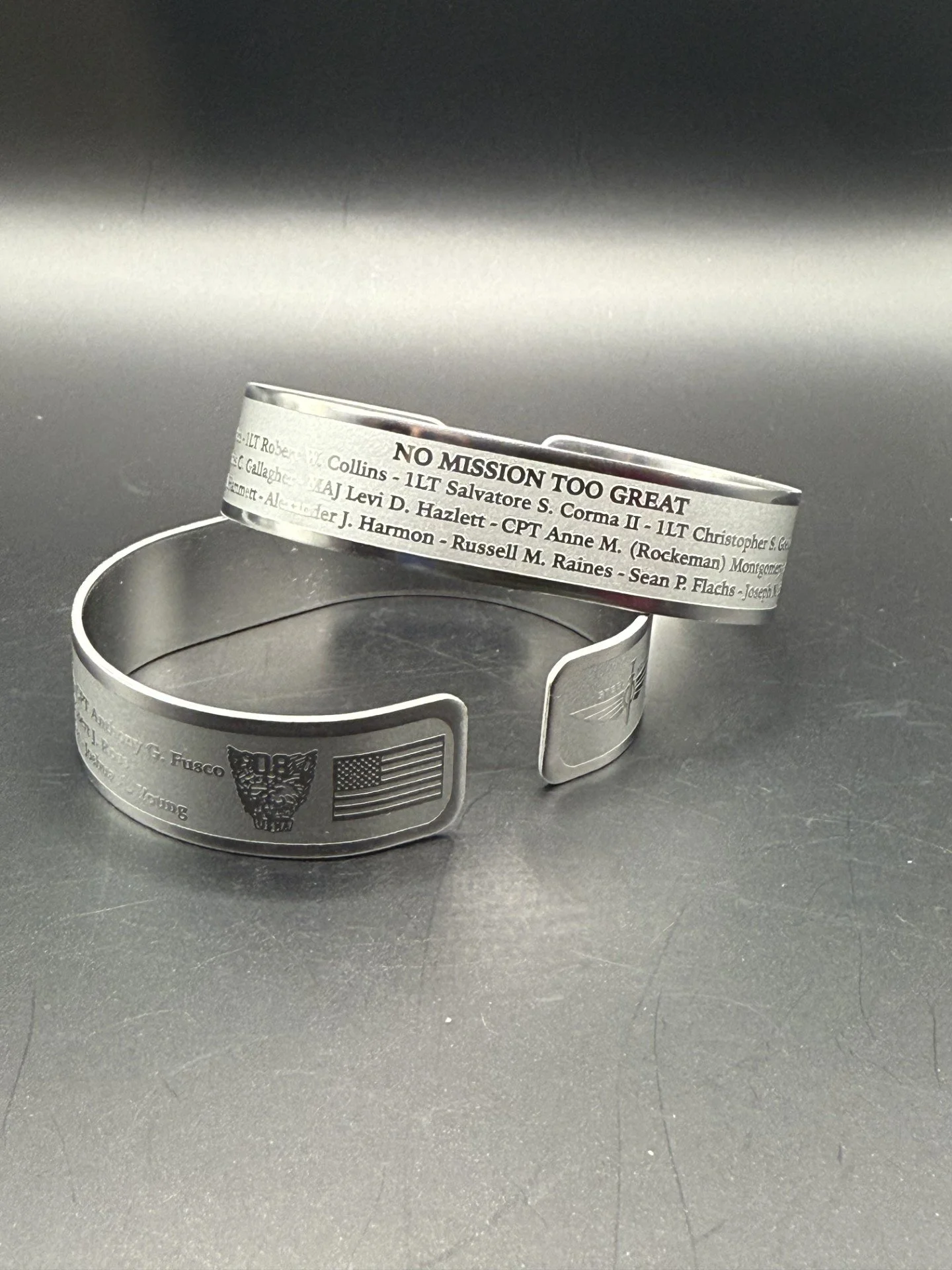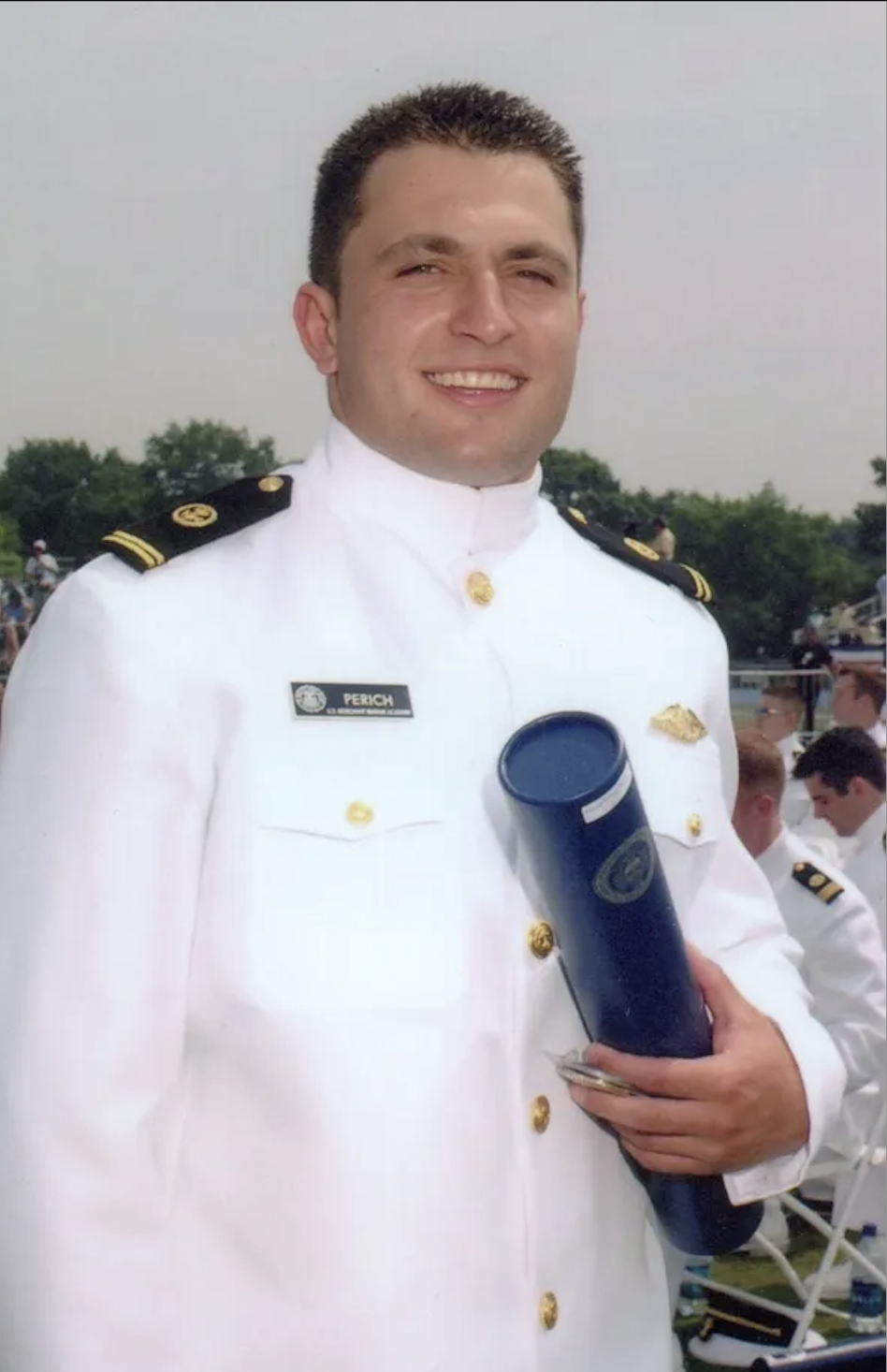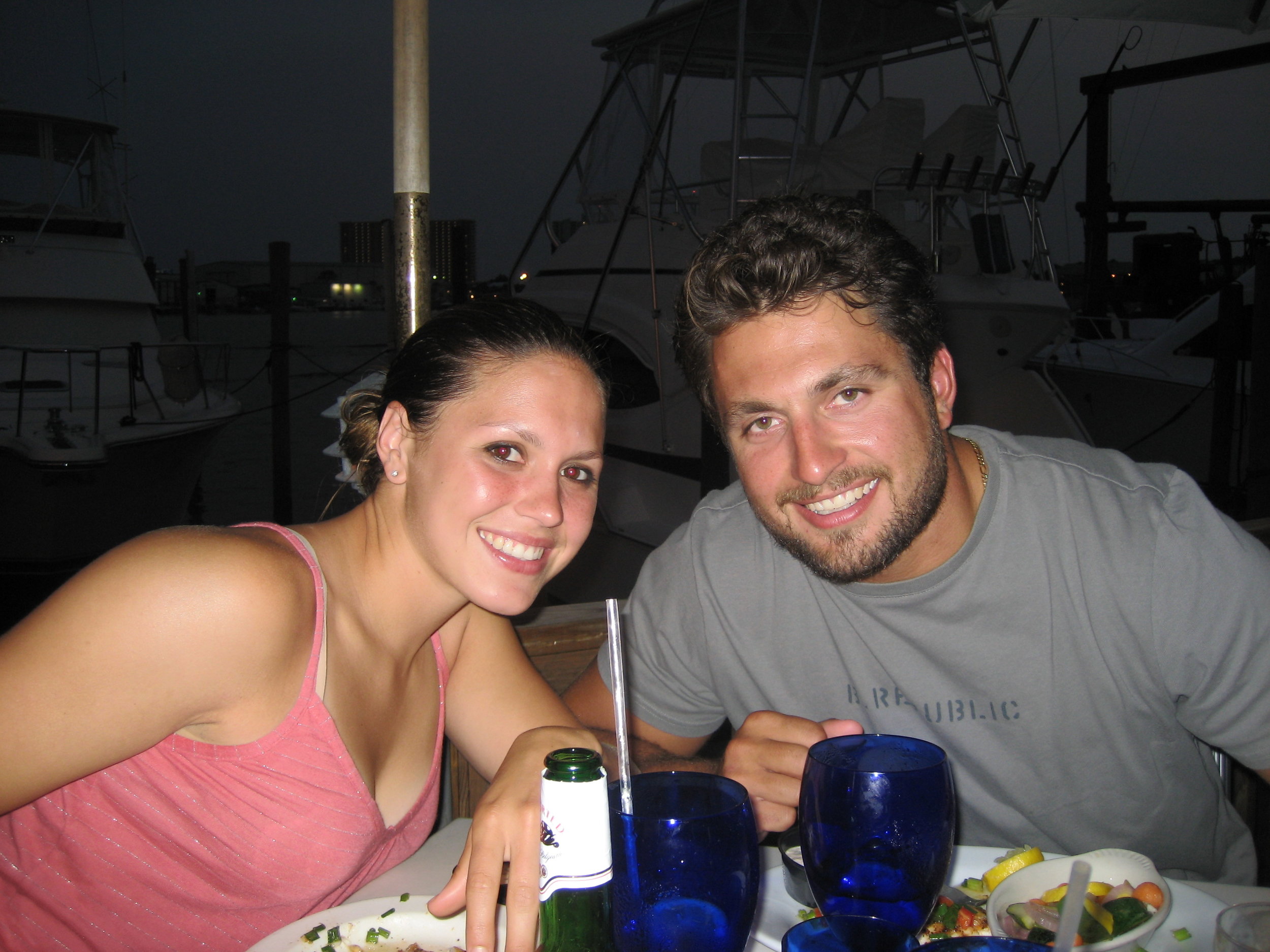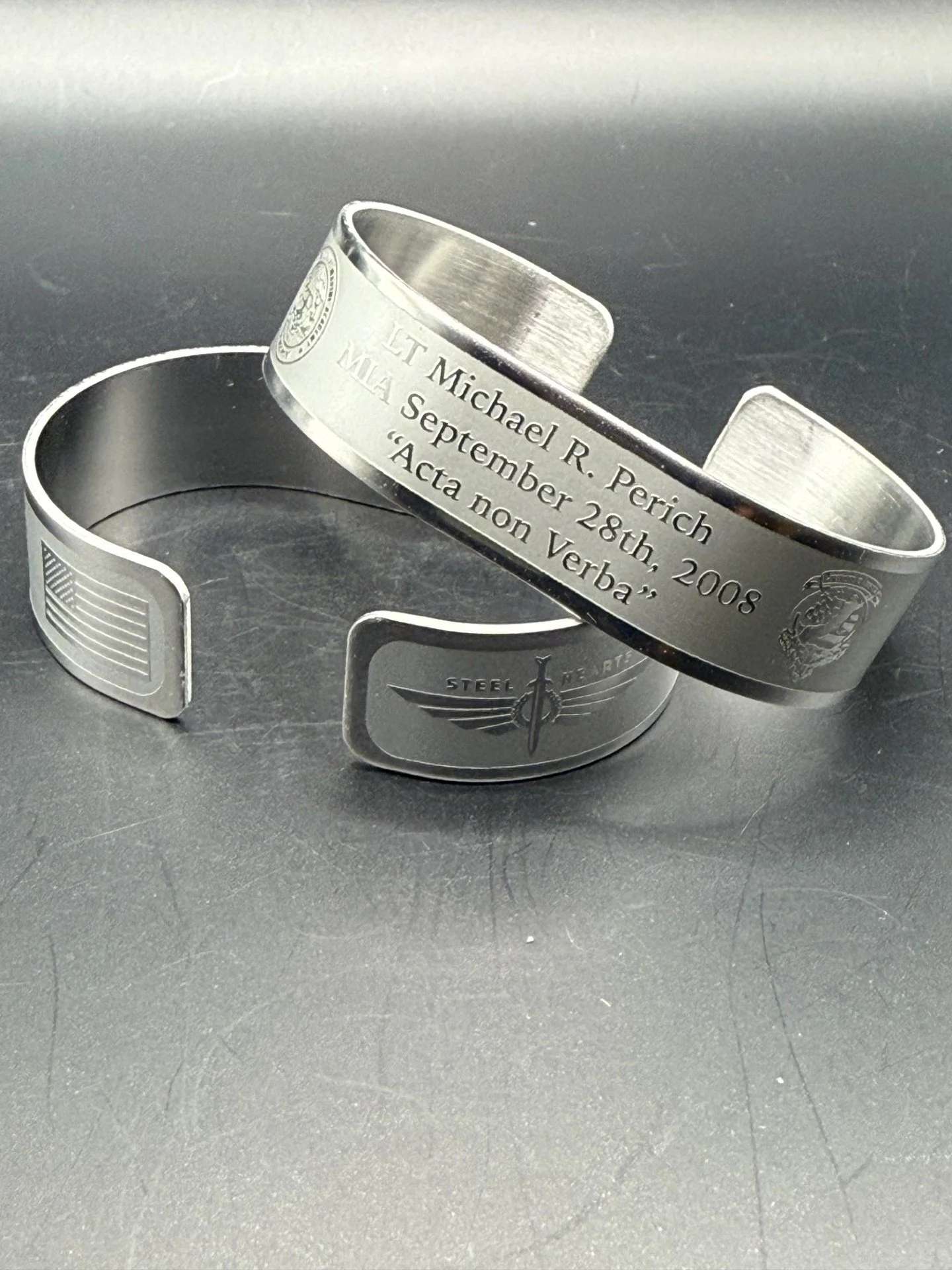 Image 1 of 3
Image 1 of 3

 Image 2 of 3
Image 2 of 3

 Image 3 of 3
Image 3 of 3




Army Rugby Football Club
The Army Rugby Football Club was born in the spring of 1961, when members of the West Point Class of 1962 formed the team from a motivated assortment of ex-football, soccer, and hockey players. The team played their first match against the New York Rugby Club (NYRC) in late April 1961, losing in a close-fought contest to the team widely considered the best rugby team in the New York City metropolitan area. The following spring, the team lost only one match the entire season, while avenging their loss to NYRC from the previous year.
The program continued to grow throughout the rest of the decade. The team traveled to Notre Dame in 1965, 1966, and 1967 to play in what was recognized as the most competitive collegiate tournament in the country. The team won the tournament in 1967, laying claim to the #1 college ranking. The first British Exchange Officer, Major Peter Field, was assigned to West Point in 1965, and assumed duties as the Head Coach. This tradition would continue with the team for over 35 years. In 1968, the team made the first visit to the Royal Military Academy Sandhurst, losing in a very close match. Most members of the classes of 1962-1969 deployed to and fought in Vietnam. Eight members of those teams made the ultimate sacrifice and were Killed in Action, including three members of the Class of 1964.
The program continued to flourish through the ‘70s and ‘80s. In the spring of 1971, Rugby USA magazine ranked the team eighth in the nation. In November 1979, the 1980 team avenged the 1968 loss to Sandhurst by beating Sandhurst 8-3. In 1989, the team played in its first Final Four, losing by two points to the eventual national champions, Air Force. The team progressed to the Final Four again in 1990, 1991, and 1992, 1995, and 1999. Many Army Ruggers also deployed to combat operations in Grenada, Panama, the Persian Gulf, Somalia, and Bosnia, leading combat units with distinction at every level in the fight.
The teams of the 2000s also continued Army Rugby’s winning ways, advancing to six more Final Fours, in 2000, 2001, 2002, 2003, 2009, and 2010. After 9-11, Army Rugby players again answered the call of their nation by leading Soldiers in combat in Iraq and Afghanistan. Seven Army Ruggers made the ultimate sacrifice: five members of the classes of 1992-2009 were Killed in Action in Iraq, and two in Afghanistan. Three more Army Ruggers were killed in the service of their nation in training accidents while preparing to deploy to combat.
Based on its success as the program with the best win-loss percentage in Army competitive sports history, the Army Rugby Football Club was re-designated a varsity sport in the spring of 2014. Coach Mike Mahan, who had previously coached the team on two other occasions, from 1981-1984, and again from 1988-2002, became the first Head Coach of the newly-formed Army West Point Rugby Team. The Team is now led by Coach Matt Sherman, and is a perennially ranked among the top 10 in the Division 1A of college rugby.
The Army Rugby Football Club was born in the spring of 1961, when members of the West Point Class of 1962 formed the team from a motivated assortment of ex-football, soccer, and hockey players. The team played their first match against the New York Rugby Club (NYRC) in late April 1961, losing in a close-fought contest to the team widely considered the best rugby team in the New York City metropolitan area. The following spring, the team lost only one match the entire season, while avenging their loss to NYRC from the previous year.
The program continued to grow throughout the rest of the decade. The team traveled to Notre Dame in 1965, 1966, and 1967 to play in what was recognized as the most competitive collegiate tournament in the country. The team won the tournament in 1967, laying claim to the #1 college ranking. The first British Exchange Officer, Major Peter Field, was assigned to West Point in 1965, and assumed duties as the Head Coach. This tradition would continue with the team for over 35 years. In 1968, the team made the first visit to the Royal Military Academy Sandhurst, losing in a very close match. Most members of the classes of 1962-1969 deployed to and fought in Vietnam. Eight members of those teams made the ultimate sacrifice and were Killed in Action, including three members of the Class of 1964.
The program continued to flourish through the ‘70s and ‘80s. In the spring of 1971, Rugby USA magazine ranked the team eighth in the nation. In November 1979, the 1980 team avenged the 1968 loss to Sandhurst by beating Sandhurst 8-3. In 1989, the team played in its first Final Four, losing by two points to the eventual national champions, Air Force. The team progressed to the Final Four again in 1990, 1991, and 1992, 1995, and 1999. Many Army Ruggers also deployed to combat operations in Grenada, Panama, the Persian Gulf, Somalia, and Bosnia, leading combat units with distinction at every level in the fight.
The teams of the 2000s also continued Army Rugby’s winning ways, advancing to six more Final Fours, in 2000, 2001, 2002, 2003, 2009, and 2010. After 9-11, Army Rugby players again answered the call of their nation by leading Soldiers in combat in Iraq and Afghanistan. Seven Army Ruggers made the ultimate sacrifice: five members of the classes of 1992-2009 were Killed in Action in Iraq, and two in Afghanistan. Three more Army Ruggers were killed in the service of their nation in training accidents while preparing to deploy to combat.
Based on its success as the program with the best win-loss percentage in Army competitive sports history, the Army Rugby Football Club was re-designated a varsity sport in the spring of 2014. Coach Mike Mahan, who had previously coached the team on two other occasions, from 1981-1984, and again from 1988-2002, became the first Head Coach of the newly-formed Army West Point Rugby Team. The Team is now led by Coach Matt Sherman, and is a perennially ranked among the top 10 in the Division 1A of college rugby.
https://goarmywestpoint.com/sports/mens-rugby















